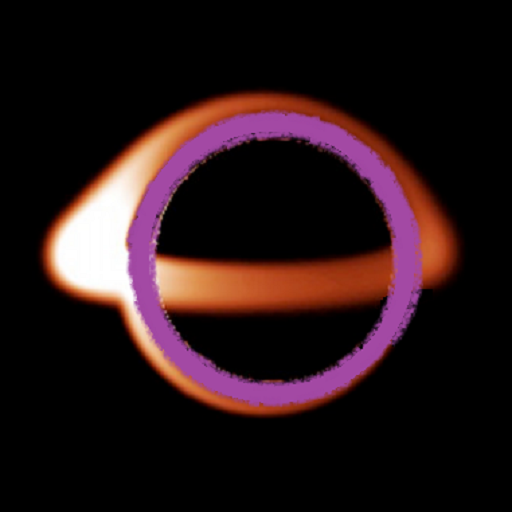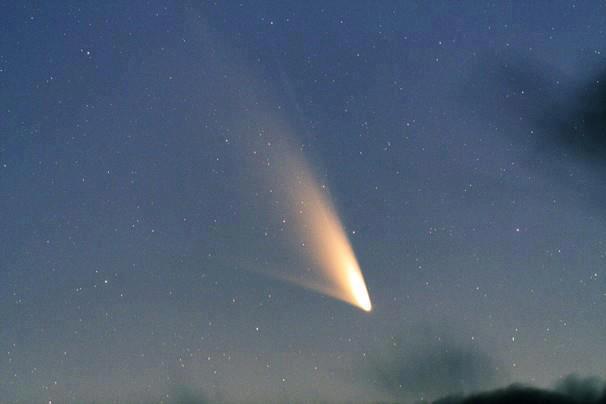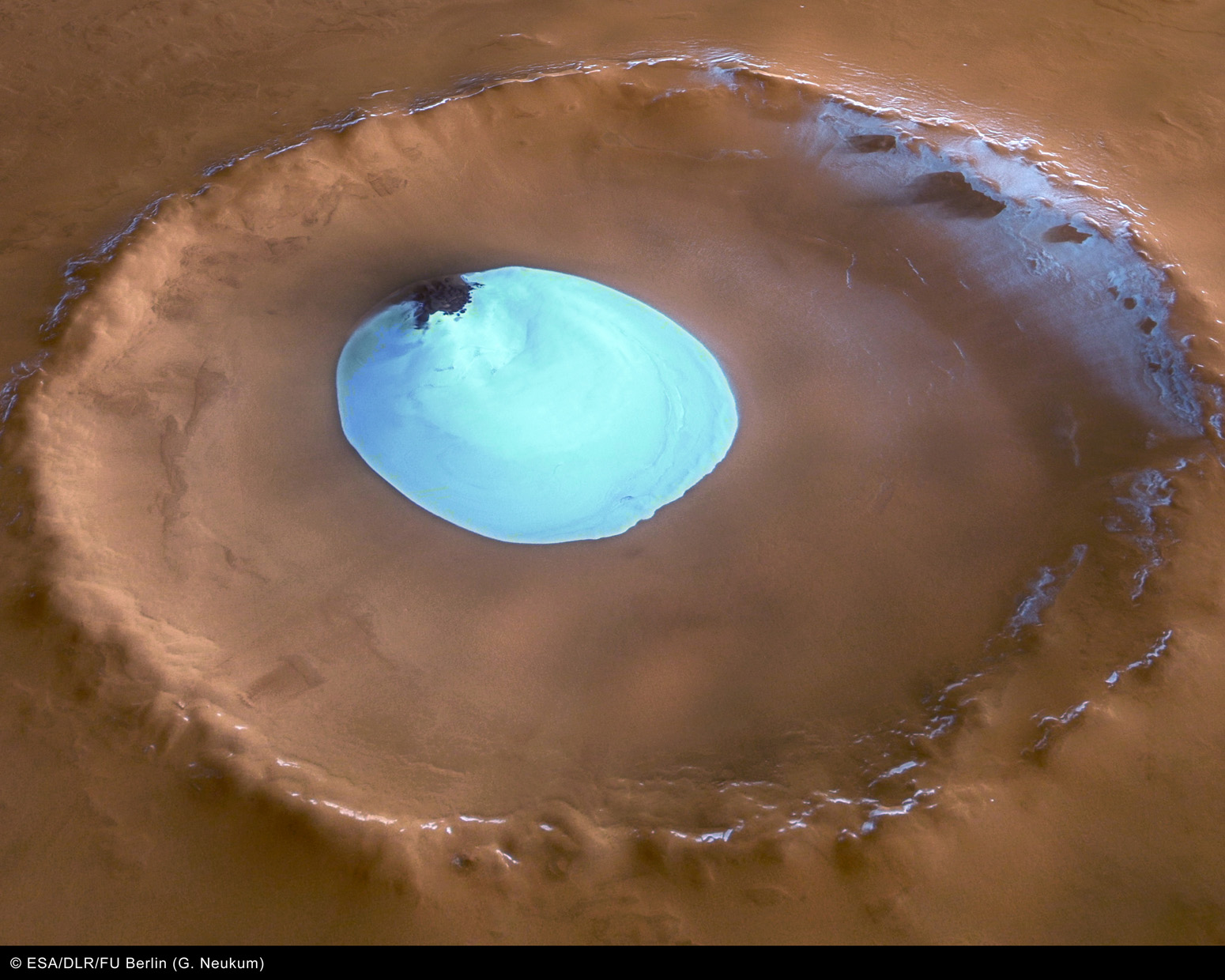Humans have been trying to explain how life started as long as we can go back in history. It has been the greatest debate of all time – where dd we come from? Evolutionary theory has stood the test of time, backed by fossil evidence worldwide and DNA evidence that confirms it. Even as successful as the theory is, and don’t take the word theory lightly, it is always debated, rewritten based off of new evidence, and constantly being updated. For example, we know that a very small amount of breeding did occur between anatomically-correct humans (aka Chromag) and Neanderthals. On the other hand, we don’t know our direct ancestor. We simply appeared in the fossil record some time before the Neanderthal died out.
Other debates go back to the origin of the first microbial life on Earth. We have demonstrated how the nascent conditions led to a primordial soup of nutrients and amino acids, how amino acids form proteins, but have yet to observe how the DNA supercomputer s built or haw the spark of life formed. Geomicrobiologists have been able to find sources of chemical energy that can aid in cell formation. Energy as heat from hydrothermal vents can be used in ecosystems completely devoid of sunlight, or even oxygen. Surfaces of certain minerals provided electron transfer to cells, opening the door to find the spark of life. But is this process unique to Earth as previously thought?
Back in the 1990s, a meteorite was found to contain what appeared to be fossil evidence of microscopic life. This was the first sign ever of actual life forms beyond our boundaries. Talk about being out of your comfort zone – we have been trying to explain life on Earth, assuming it to be unique, then all of a sudden, one fossil changes everything! Furthermore, this meteorite was actually from the planet Mars! Since then, we have sent several rovers to the planet and found nutrients capable of supporting life. We have also observed that Mars once had vast oceans and rivers over the surface, not like the barren red planet we see today. What happened to life on Mars?
Although a long stretch, Planet X was proposed to not only explain the loss of life on the planet, but also its odd geology. It seems that the crust is several times thicker on one side. It was thought that a planet nearby exploded, coating one side with magma, and abolishing its atmosphere. Even if Planet X never existed, large-scale collisions are not only possible, but very common during the formation of our solar system. The moon is thought to have formed by a massive collision with an object and Earth.
New hypotheses have come that explain how Earth may have been impregnated from space. Objects with water, like comets for example, rained down on the early Earth, filling its oceans. Comets have the building blocks for life. It seems anywhere where there is water, there are the necessary ingredients.
On 27 August 2013, it was revealed that water has been found on the Moon (http://phys.org/news/2013-08-spectral-analysis-reveals-moon.html) . Is it possible that the source for water on Earth has also deposited water on the moon? If so, it would be safe to assume that Mars had a source for water as well. The moon has never had an atmosphere and could not support life. But did Mars have the conditions necessary for the creation of life though?
The answer is a resounding ‘yes!’ On 28 August 2013, at the Goldschmidt geochemistry conference in Italy, evidence was presented that that Earth life originated on Mars and was brought to this planet aboard a meteorite (http://www.space.com/22577-earth-life-from-mars-theory.html). It was found that oxidized molybdenum or boron would provide the geochemical reaction and help organics make the leap to life. “This form of molybdenum couldn’t have been available on Earth at the time life first began, because 3 billion years ago, the surface of the Earth had very little oxygen, but Mars did.” Earth was almost completely covered with oceans at the time, preventing oxidation of molybdenum.
So this debate will surely continue, but the key finding is that life may not be unique to our little planet. This just happens to be the only place we have observed it. In time, this will change. For now, we have a mechanism by which life may have started on Mars.



